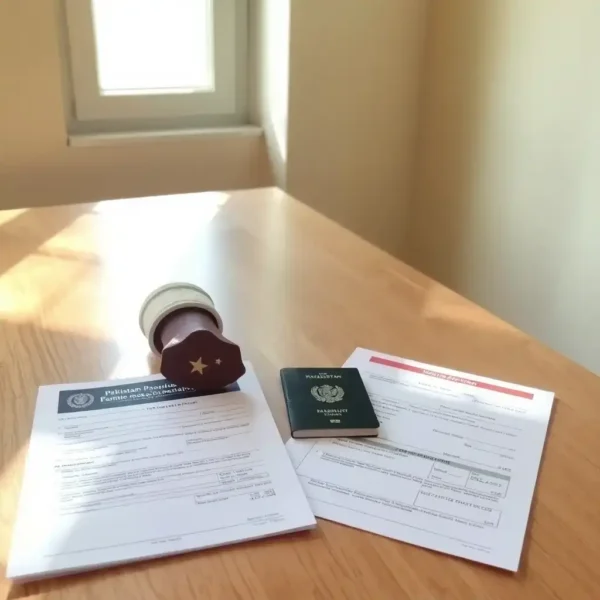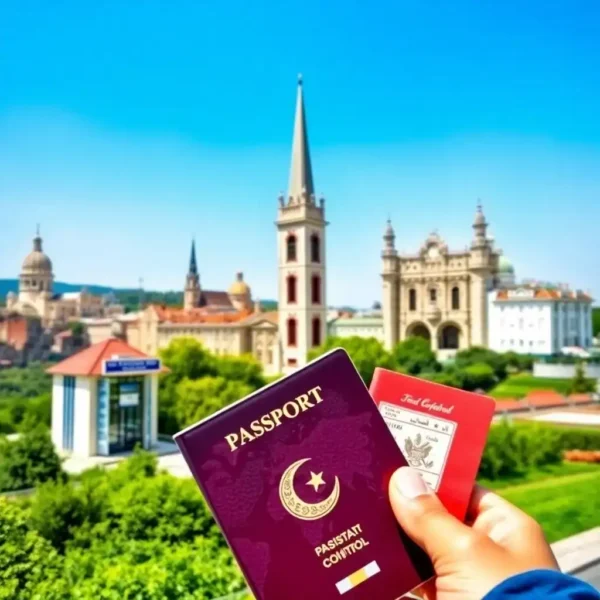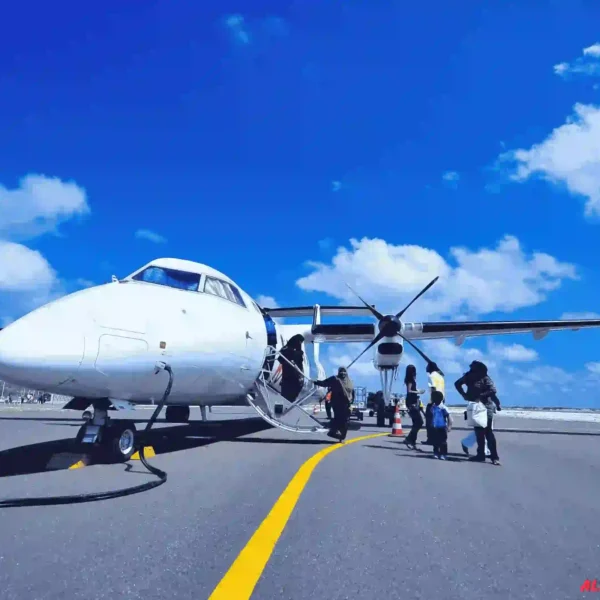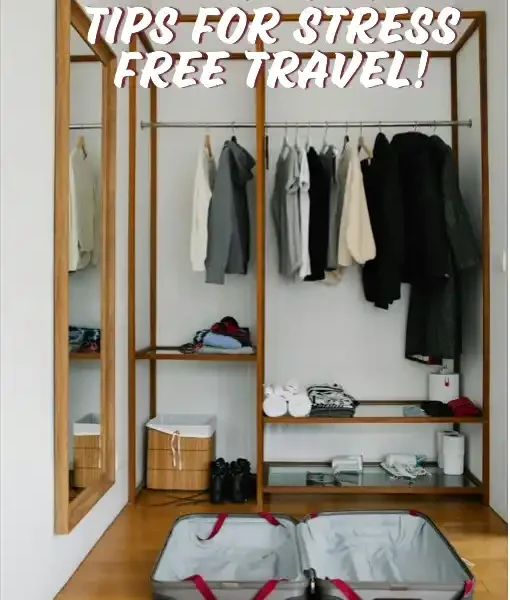Planning to study abroad? Navigating the student visa process can feel like a maze, but this step-by-step guide and student visa tips will simplify it for you. From understanding visa types to preparing for your interview, let’s dive in and make your journey smoother.
What is a Student Visa?
A student visa is an official permit issued by a foreign country that allows you to study there. It’s the key to pursuing education abroad, whether you’re attending a high school, university, or even taking a short-term course. Every country has different types of student visas designed for different purposes. For example, the U.S. has the F-1 visa for academic studies and the M-1 visa for vocational studies.
Why is this important? Without a student visa, you can’t enroll in most educational institutions overseas. It’s your ticket to gaining access to world-class education and staying compliant with immigration laws.
Key Takeaways:
- Student Visa: Allows legal enrollment in foreign schools.
- Types: Academic (F-1), Vocational (M-1), and Short-Term Study Visas.
- Why You Need It: To study abroad legally and successfully.
Looking for more information on specific student visa types for different countries? Check out our guide on How to Choose the Right Student Visa for Your Study Abroad Journey.
Why Do You Need a Student Visa?
Think of your student visa as your pass to study in another country. It’s not just a formality; it’s a legal requirement that ensures you’re eligible to live and learn in a foreign country. Without it, you can’t attend universities or schools abroad legally.
In addition to giving you the legal right to study, having a student visa also helps you access a range of student benefits. These may include the ability to work part-time during your studies, access to healthcare services, and the chance to stay in the country after your program ends for work or further studies.
Quick Tip: Apply for your visa well in advance, as visa processing can sometimes take months. Plan early to avoid last-minute stress!
Key Benefits:
- Legal Enrollment: Study without worries.
- Work Opportunities: Many student visas allow part-time jobs.
- Post-Graduation Stay: Stay longer after completing your studies to work or continue your education.
Want to learn about the different types of student visas available? Check out our Ultimate Guide to Student Visa Types and What They Mean.
Types of Student Visas Should Know About
When applying for a student visa, it’s important to understand the type that fits your study program. Here are the main student visa types:
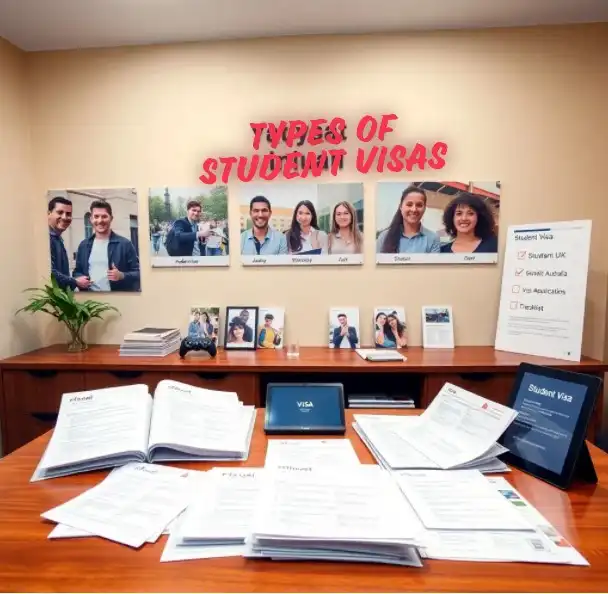
- Academic Student Visa (F-1 Visa)
This visa is for students who want to enroll in a full-time academic program at an accredited institution. If you’re attending a high school, university, or language school, this is the visa for you. The F-1 visa allows you to work part-time on campus while you study. - Vocational Student Visa (M-1 Visa)
If you’re pursuing a non-academic or technical program (like a trade school or vocational course), the M-1 visa is for you. It is designed for hands-on courses and skills development, like welding, carpentry, or other technical fields. - Short-Term Study Visa
If you plan to attend a course that lasts less than six months, you’ll need a short-term study visa. These visas are perfect for exchange programs or short-term language courses.
Pro Tip: Always choose the right visa that matches your course. The wrong visa can cause delays or even rejection.
Want to know which student visa is best for you? Read our post on Choosing the Right Student Visa for Your Program.
Eligibility Criteria for Student Visa
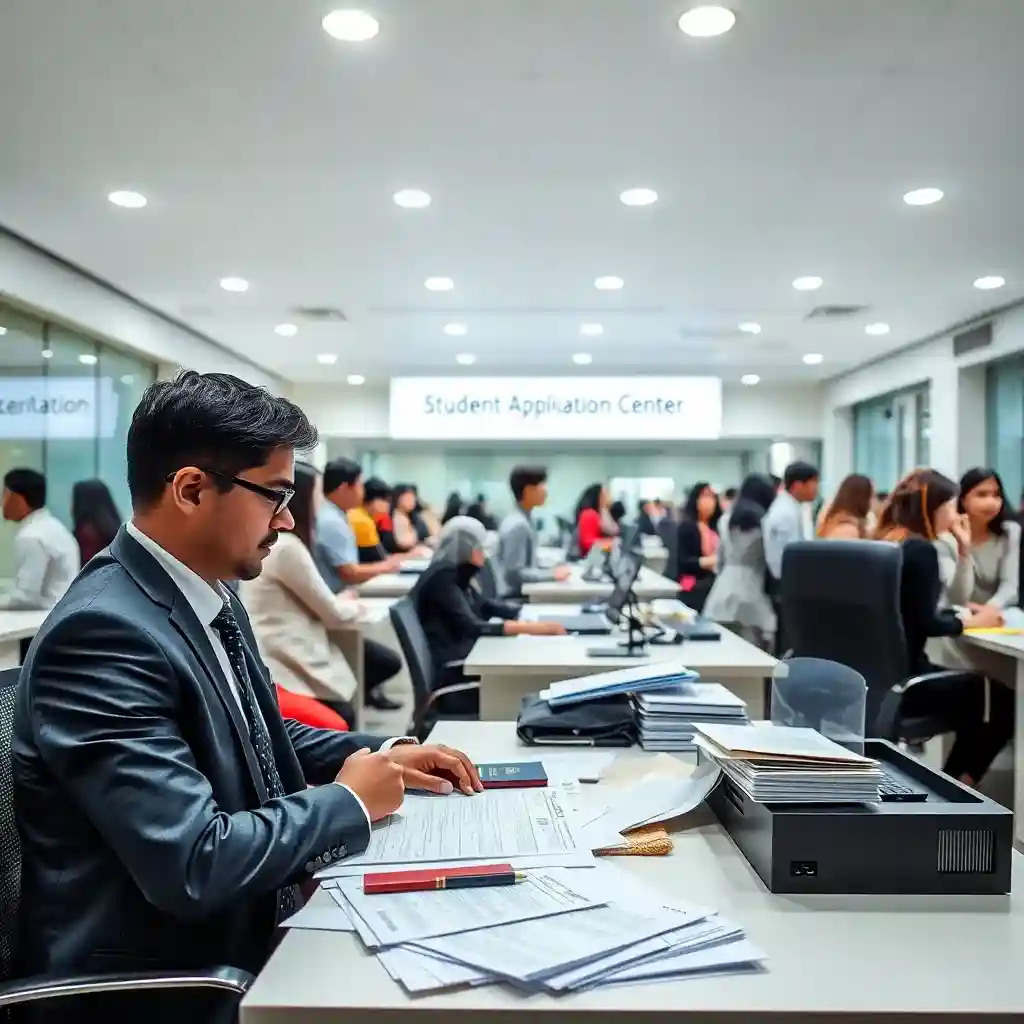
How to Qualify for a Student Visa
Applying for a student visa isn’t just about filling out forms—it’s about proving that you’re a genuine student and have the right resources to study abroad. Here’s what you’ll need:
- Acceptance by a Recognized Institution
Before you apply for a student visa, you must first be accepted into a recognized school, college, or university. Make sure your institution is accredited and meets the country’s educational standards. - Proof of Financial Support
You must prove that you have enough funds to pay for your education, living expenses, and other costs. This can include bank statements, financial affidavits, or scholarship letters. - Language Proficiency
Most countries require that you prove your ability to speak the country’s language. For English-speaking countries, this could mean submitting TOEFL or IELTS scores. - Intent to Return Home
Immigration officials want to know that you plan to return to your home country after your studies. Strong ties to your home country—like family, property, or future career plans—help establish this intent.
Pro Tip: Have all your financial and academic documents ready before you apply. This will make the process smoother and faster.
Need help with gathering the required documents for your student visa? Check out our article on How to Prepare Your Student Visa Documents.
Step-by-Step Guide to Applying for a Student Visa
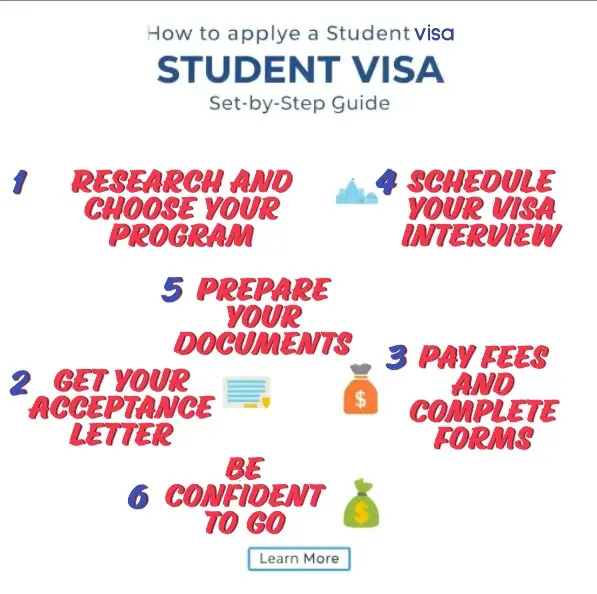
Applying for a student visa can seem complicated, but don’t worry—we’ve broken it down into easy-to-follow steps. Here’s how to do it:
- Research and Choose Your Program
Before you apply for a student visa, you need to choose a program that aligns with your academic goals. Look for schools that are recognized by the government and offer courses you’re passionate about. The better your program matches your career aspirations, the easier your visa application will be. - Get Your Acceptance Letter
Once you’re accepted, the institution will send you an acceptance letter. This letter is crucial because you’ll need it to apply for your visa. You may also need additional forms, such as the I-20 for U.S. students. - Pay Fees and Complete Forms
You’ll need to pay any required visa fees and fill out the necessary forms. For U.S. students, this includes the SEVIS fee and the DS-160 form. Be sure to complete these forms correctly and on time. - Schedule Your Visa Interview
After you have your acceptance letter and completed forms, it’s time to book your visa interview. Schedule the interview at your nearest embassy or consulate well in advance to avoid any delays. - Prepare Your Documents
Be sure to have all the necessary documents: your passport, acceptance letter, proof of financial support, and any other documents required by the country. Keep everything organized for your interview.
Pro Tip: The more prepared you are, the better your chances of success. Have all documents ready and double-check everything before your interview.
Need help with preparing your documents? We have a detailed checklist in our post on Student Visa Document Checklist.
Preparing for the Visa Interview
The visa interview is one of the most important parts of your student visa application process. It’s your chance to convince the visa officer that you’re a genuine student and that you have everything in order for your studies abroad. Here’s how you can prepare to ace the interview:
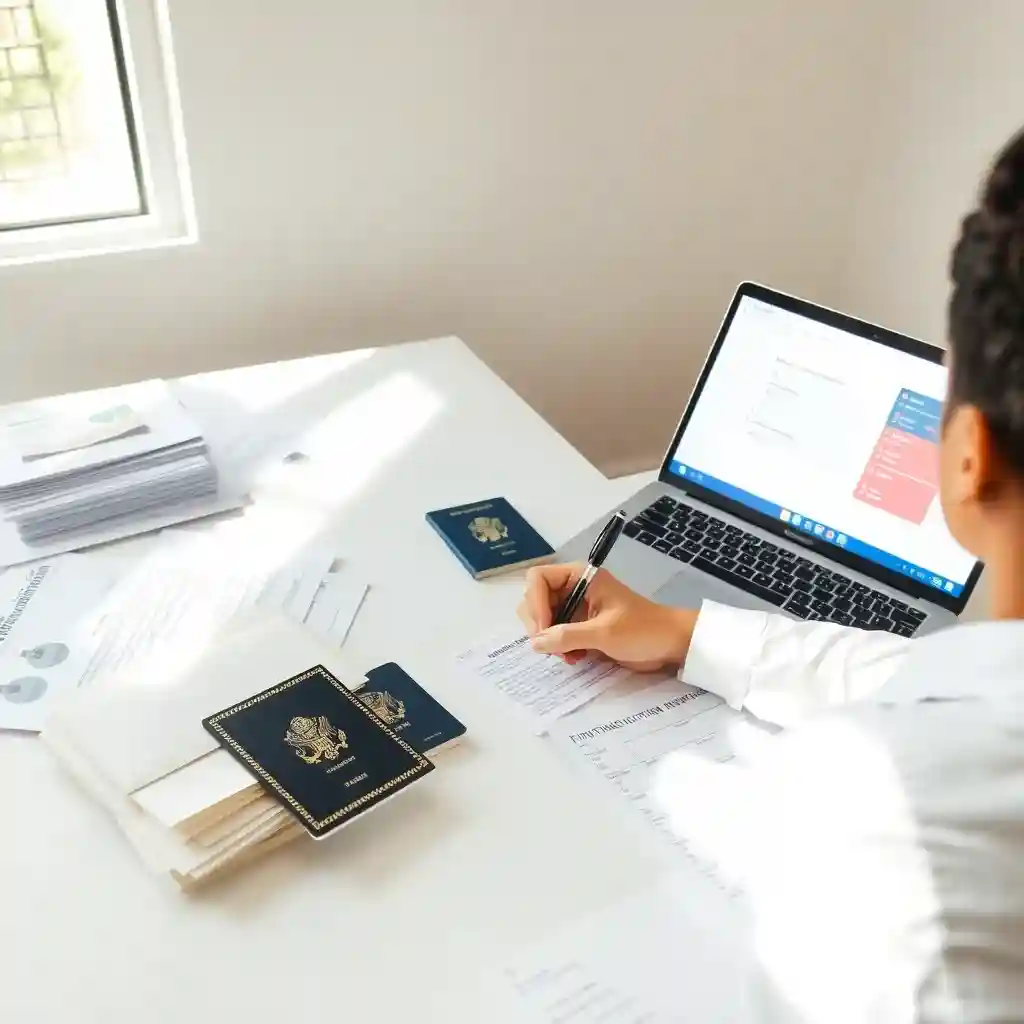
- Dress Professionally
First impressions matter! Make sure to dress neatly and professionally for your visa interview. This shows that you are serious about your plans and that you respect the process. - Be Honest and Confident
Honesty is key. Be clear and truthful about your reasons for studying abroad and your plans for after graduation. If you are confident in your answers, the visa officer will be more likely to trust your intentions. - Highlight Strong Ties to Your Home Country
One of the most important things the officer will look for is your intent to return home after your studies. Mention your family, future career, and any property or responsibilities you have in your home country. This shows that you don’t plan to overstay your visa.
Pro Tip: Practice common questions ahead of time. It will help you answer confidently and avoid unnecessary stress.
Sample Questions You Might Be Asked:
- Why do you want to study in this country?
- How will you support yourself financially during your studies?
- What are your plans after graduation?
Need more tips on acing your visa interview? Check out our article on How to Prepare for Your Student Visa Interview.
Common Challenges and How to Overcome Them
The student visa application process can sometimes be challenging, but don’t worry. Most challenges can be easily overcome with the right preparation. Here are some common issues students face and how to handle them:

- Financial Proof Issues
Proving you have enough funds to cover your education and living expenses is a key part of the visa application. If your financial documents are incomplete or outdated, it could delay or even stop your application. How to Overcome This:
Make sure your bank statements clearly show enough money to cover tuition and living costs. If you have a scholarship, include that information as well. Always ensure that the financial documents are up-to-date and reflect your current financial situation. - Language Barriers
If English (or the language of the country you’re applying to) isn’t your first language, it might feel intimidating to communicate during the interview or in the application process. But don’t let this hold you back! How to Overcome This:
Practice speaking English before your interview. You can even take a mock interview with a friend or family member. If necessary, take a language proficiency test (like TOEFL or IELTS) and provide the results with your application. - Visa Rejections
If your visa application is rejected, it’s important to understand why and what you can do differently next time. The rejection isn’t the end of the road. How to Overcome This:
Review the reason for rejection, gather stronger evidence (such as updated financial documents or a better explanation of your plans), and reapply. Sometimes, rejection happens because of minor issues, so don’t give up!
Pro Tip: If you face rejection, don’t panic. Focus on understanding the issue and strengthening your application for the next attempt.
Want more detailed tips on how to avoid visa rejections? Check out our post on How to Prevent Your Student Visa from Being Denied.
Maintaining Your Student Visa
Once you’ve successfully obtained your student visa, it’s important to follow the rules to maintain your visa status. Here’s how you can stay on track and avoid any issues while studying abroad:
- Attend Classes Regularly
Most student visas require that you attend classes regularly. Failing to meet the minimum attendance requirements could lead to your visa being revoked. Keep track of your classes and make sure to attend all required sessions. - Comply with Employment Rules
While some student visas allow part-time work, there are rules regarding how many hours you can work. Make sure you are aware of these rules and stick to them. Violating employment rules can result in your visa being canceled. - Renew Your Visa on Time
Don’t let your student visa expire! Keep track of the expiration date and apply for renewal well in advance. You’ll typically need to submit proof of enrollment and financial stability when renewing.
Pro Tip: Keep a folder with all your visa-related documents. This way, you can easily access them when you need to.
Need advice on maintaining your student visa status? Check out our article on How to Stay Compliant with Your Student Visa Rules.
You Must See and Remember
- “How to plan for student visa”
- “Tips for international student visa”
- “All travels tips for visa“
Key Takeaways
Getting your student visa is an important step toward your dream of studying abroad. Here’s a quick recap to make sure you’re on the right track:
- Choose the Right Visa: Know which type of student visa you need—academic, vocational, or short-term study visa.
- Prepare Early: Start your application early, as the process can take time.
- Be Honest and Prepared for the Interview: Dress well, be confident, and show your intent to return home.
- Handle Challenges Wisely: If you face financial issues, language barriers, or even rejection, stay calm and work through the challenges.
- Stay Compliant: Once you get your visa, follow all the rules to maintain your status and enjoy your studies abroad without worries.
Pro Tip: Stay organized, stay confident, and make sure you’ve double-checked everything before your visa interview!
FAQs of student visa tips
How long does it take to get a student visa?
Processing times can vary depending on the country. Generally, it takes anywhere from a few weeks to several months. Always apply well in advance to avoid any delays.
Can I get a student visa without a language proficiency test?
Some countries and institutions waive language test requirements, especially if your previous education was in the same language or if you’re attending a preparatory course. Confirm this with your chosen school or country’s visa policy.
What should I do if my visa application is on hold?
If your visa application is delayed or on hold, check for any missing documents or additional information requested by the embassy. Contact the visa office for updates, and be patient as background checks may take time.
Can I apply for a student visa without an acceptance letter?
No, an acceptance letter from a recognized institution is a mandatory requirement for most student visa applications. It serves as proof that you’re enrolled in a legitimate course.
Are there age limits for student visas?
Most countries don’t have strict age limits for student visas, but the course you’re applying to should align with your academic background and career goals.
What happens if my visa is denied?
If your visa is denied, you will receive a written explanation for the denial. Common reasons include incomplete applications, ineligibility, or failure to meet requirements. You can often reapply after addressing the issue, but application fees are non-refundable. In some cases, you may appeal the decision or request reconsideration. A denial does not automatically disqualify you from future applications, but you must disclose it in subsequent visa applications.
What’s the difference between a student visa and a study permit?
A student visa allows you to enter the country, while a study permit gives you permission to study once you’re there. For example, in Canada, you need both to study legally.
Do I need a return ticket for my student visa application?
While it’s not always mandatory, having a return ticket can show your intent to return home after completing your studies, which strengthens your application. Here are Essential Travel Tips for Students Studying Abroad.
Can I work on a student visa?
Most student visas have strict rules about working, but some allow part-time employment.
Can I change my student visa to a work visa?
Yes, in some countries, you can switch your student visa to a work visa after completing your studies. The requirements vary by country, so check with local immigration authorities for guidelines. Explore complete guide about How to Switch from a Student Visa to a Work Visa.
Do I need health insurance?
Yes, many countries require international students to have health insurance.
How much does a student visa cost?
Visa fees vary but generally range between $160 and $500, depending on the country.
Can I bring my family?
Certain visas allow dependents to accompany you; check your specific visa type.
How can I prove my intent to return home after studying?
Provide evidence like property ownership, job offers, or family ties in your home country. These help demonstrate your intention to return after your studies.
Is the visa application process the same for all countries?
No, each country has its own process and requirements. Check Country wise visa application process and requirements before apply.
What’s the SEVIS fee?
It’s a fee for U.S. student visas, used to maintain the Student and Exchange Visitor Information System. Get more detail from portal of Student and Exchange Visitor (SEVP).
Can I change schools on the same visa?
Yes, but you must inform the authorities and update your visa details.
What documents are needed for renewal?
Similar to the initial application: passport, I-20, financial proof, and academic records.
Can I apply for a student visa if I’m still in high school?
Yes, many countries offer student visas to high school students planning to study abroad. You’ll need proof of acceptance from a recognized high school.
Can I travel while on a student visa?
You can travel within the country you’re studying in, but international travel may require additional steps. Always check the specific rules of your student visa before making travel plans.
What happens if my student visa expires?
If your student visa expires, you could be asked to leave the country. Be sure to apply for an extension or renewal before it expires.
Your Journey Starts Here!
Obtaining a student visa is the gateway to a world of opportunities and experiences. With the right preparation and determination, you can turn your dream of studying abroad into a reality. Remember to research thoroughly, stay organized, and follow the steps outlined in this guide.
If you’re feeling unsure or overwhelmed at any point, don’t worry! We’ve got more resources to help you along the way. Check out our articles on Top Study Abroad Destinations and How to Prepare for Life as an International Student.
Still have questions? Drop them in the comments below, and we’ll get back to you with answers. If you found this guide helpful, don’t forget to share it with your friends and fellow students!
Ready to take the next step?
Click here to explore Visa Application Tips for First-Time Students and get started today!

